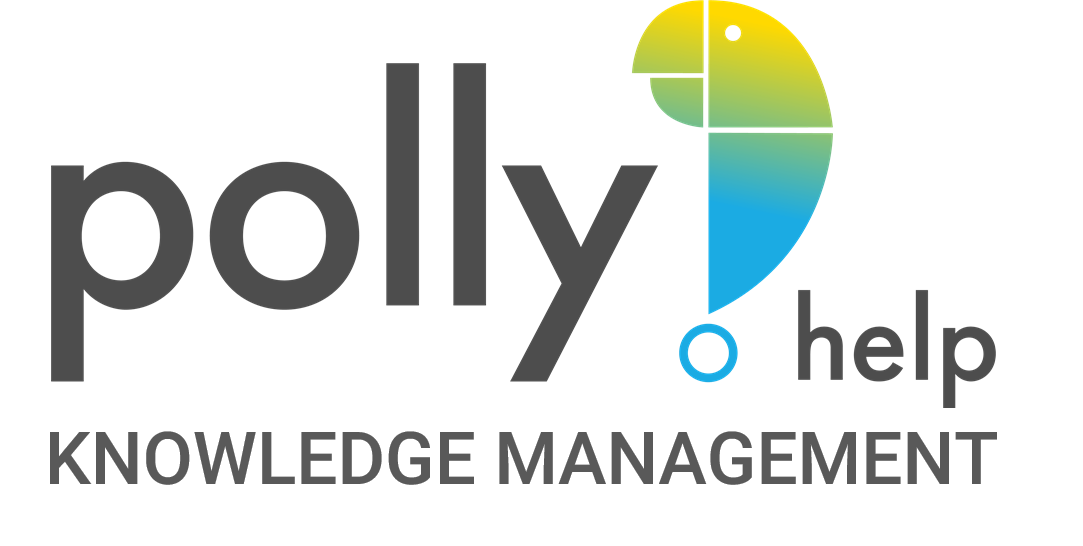SharePoint, a widely embraced collaboration platform, has frequently been promoted as a comprehensive answer to knowledge management. However, the actual experiences of many clients might leave you surprised. In this article, we will delve into the reasons why SharePoint occasionally falls short as a genuine knowledge management solution, as conveyed by our clients.
- Complex Knowledge Discovery: Despite SharePoint’s robust document management capabilities, clients have often encountered complexities when attempting to uncover pertinent knowledge within the platform. This struggle to swiftly access relevant information has led to time wasted in searching and a decrease in overall productivity.
- Lack of Contextualization: Knowledge transcends mere documents; it encompasses the insights and context they carry. SharePoint’s emphasis on document storage frequently overlooks the crucial contextual elements that render knowledge valuable. Clients have reported difficulties in capturing and conveying the tacit knowledge residing within their organization.
- Limited Collaboration Tools: Effective knowledge management thrives on collaboration. While SharePoint does provide collaboration features, clients have found them lacking in terms of real-time co-authoring, interactive discussions, and seamless integration of feedback – all of which are essential for nurturing knowledge exchange and fostering innovation.
- Daunting Customization Challenges: SharePoint’s adaptability can also become a drawback. Clients have emphasized the steep learning curve and intricate customization requirements, which can deter efficient implementation and ongoing management. This often results in a system that doesn’t align with the organization’s specific knowledge management needs.
- Absence of Knowledge Usage Insights: Knowledge management systems should offer insights into how knowledge is being utilized. However, clients using SharePoint have expressed dissatisfaction with its limited analytics and reporting capabilities, hindering their ability to track the impact of knowledge-sharing efforts.
Our Approach to Holistic Knowledge Management
As providers of dedicated knowledge management solutions and services, we comprehend the challenges organizations face with platforms like SharePoint. Our approach revolves around tailoring knowledge management strategies that encompass intuitive discovery, contextualization, seamless collaboration, and actionable insights.
We collaborate closely with our clients to implement systems that transcend document storage, fostering a culture of knowledge sharing, learning, and innovation. Our solutions aim to simplify the complexities associated with customization and provide measurable outcomes that demonstrate the value of effective knowledge management.

Conclusion: Reconsidering Your Knowledge Management Strategy
While SharePoint serves as an effective collaboration tool in various scenarios, it may not be the ultimate knowledge management solution for every organization. By acknowledging its limitations and exploring dedicated knowledge management solutions, enterprises can establish an ecosystem that truly harnesses their intellectual capital, enhances collaboration, and propels them toward sustainable growth.





